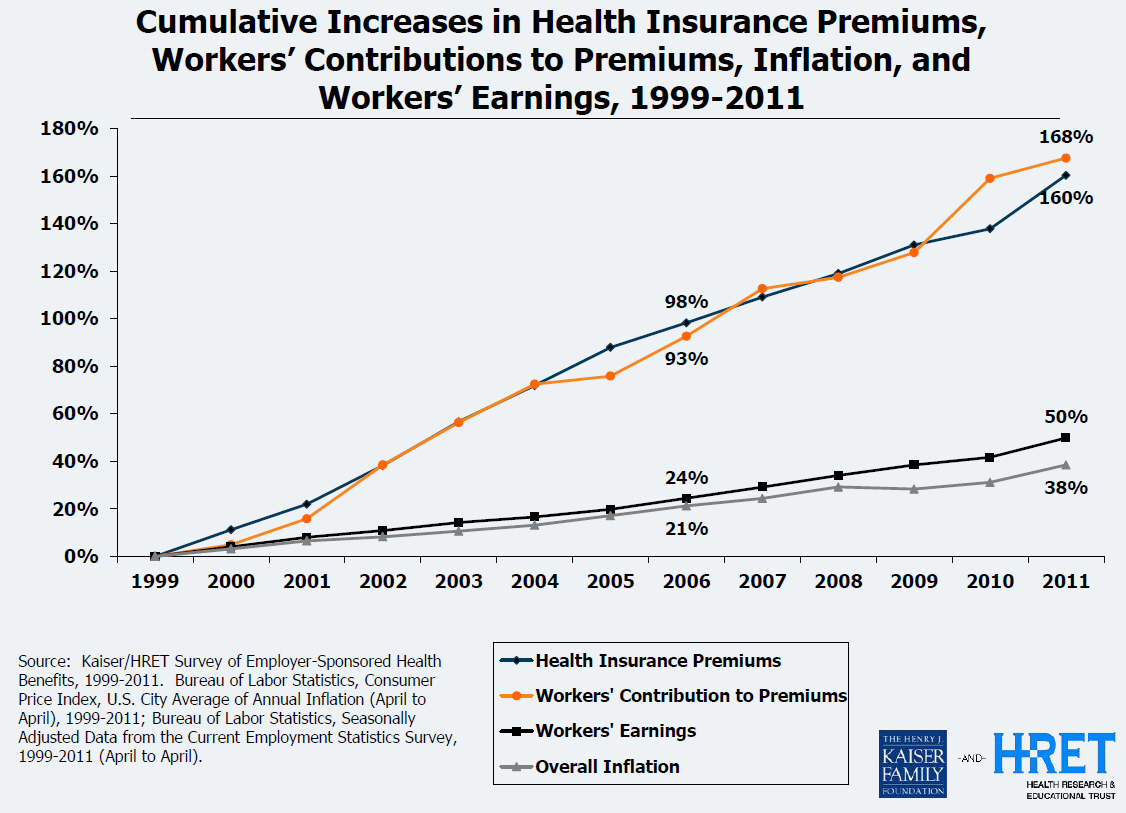- Joined
- Dec 5, 2015
- Messages
- 28,606
- Reaction score
- 6,367
- Location
- Washington
- Gender
- Male
- Political Leaning
- Independent
Hear me out but I think this might work:
Anything that is considered a catastrophic or chronic life-threatning injury should be covered by the government 100%. It will be paid through by taxes.
Everything else can be sold through the free market. No more freebies or benefits because you are lower income.
Anything that is considered a catastrophic or chronic life-threatning injury should be covered by the government 100%. It will be paid through by taxes.
Everything else can be sold through the free market. No more freebies or benefits because you are lower income.


